What is MFDS and How Does It Work?
What is MFDS and How Does It Work? Dentistry represents one of the most rapidly evolving sectors within healthcare, necessitating both technical proficiency and ongoing education. Following the completion of dental school, numerous graduates seek qualifications that can bolster their professional standing, broaden career prospects, and facilitate entry into specialty training. One such qualification is the MFDS – Membership of the Faculty of Dental Surgery.
The MFDS is a postgraduate diploma provided by the Royal Colleges of Surgeons in the UK and Ireland. It is an internationally acknowledged qualification that showcases a dentist’s proficiency in both the theoretical and practical dimensions of general dentistry. But what precisely is MFDS, how does it function, and why is it significant for future dentists?
In this detailed guide, we will examine the MFDS exam thoroughly — covering its structure, eligibility criteria, preparation techniques, advantages, and its influence on career progression.
1. What is MFDS?
The Membership of the Faculty of Dental Surgery (MFDS) is a professional postgraduate credential that indicates a dentist has achieved a recognized level of knowledge, clinical abilities, and professional conduct necessary for general dental practice.
It is conferred by:
- Royal College of Surgeons of England
- Royal College of Surgeons of Edinburgh
- Royal College of Physicians and Surgeons of Glasgow
- Royal College of Surgeons in Ireland (RCSI)
Although each college administers its own examination, the format and standards are comparable, ensuring uniformity.
Key Points About MFDS:
- Equivalent to a postgraduate diploma in dentistry.
- Intended for dentists in the early phases of their careers.
- Acts as a gateway to specialist training (MOrth, MRD, etc.).
Widely acknowledged in the UK, Middle East, and various Commonwealth nations.
2. What Led to the Development of MFDS?
Dentistry encompasses not only technical abilities but also effective communication, decision-making, and patient management. Traditionally, following graduation, dentists either engaged in general practice or sought advanced training. Nonetheless, there existed a deficiency in organized professional development immediately post-dental school.
MFDS was established to:
- Provide a standard qualification for emerging dentists.
- Close the gap between undergraduate education and specialized training.
- Present an internationally acknowledged standard of proficiency.
- Promote lifelong education and ongoing enhancement in the field of dentistry.
3. What is the Functioning of MFDS?
The MFDS examination is segmented into two components.
Part 1: Written Examination
- Format: Multiple Choice Questions (MCQs) and Extended Matching Questions (EMQs).
- Focus: Assessing fundamental knowledge of dentistry — applied sciences, clinical practice, and professional conduct.
- Duration: Typically a 3-hour examination.
Part 2: Clinical/Practical Examination
- Format: Objective Structured Clinical Examination (OSCE).
- Stations: Generally 12–15 stations addressing diagnosis, treatment planning, communication, and clinical decision-making.
Skills Assessed:
- History taking
- Articulating procedures to patients
- Handling dental emergencies
- Interpreting radiographs
- Professionalism and ethical considerations
Workflow of MFDS:
Eligibility: Candidates are required to possess a recognized dental qualification. Most institutions mandate 12 months of clinical experience prior to Part 2.
- Part 1 Examination: Written assessment to evaluate theoretical knowledge.
- Part 2 Examination: Practical OSCE to assess clinical skills.
Awarding of MFDS: Upon successful completion of both components, candidates are granted membership and may utilize the post-nominal MFDS RCSEd / MFDS RCS Eng / MFDS RCPS(Glasg) based on the awarding institution.
4. Eligibility Criteria
- Dental Degree: Candidates must possess a recognized BDS or an equivalent qualification.
- Internship/Experience: Typically, a minimum of 12 months of clinical practice post-qualification is required before attempting Part 2.
- Registration: Applicants should be registered with a national dental regulatory authority (for instance, GDC in the UK).
5. Benefits of MFDS
Obtaining the MFDS offers various professional benefits:
- Career Advancement – It creates pathways for specialty training and higher clinical positions.
- International Recognition – It facilitates dentists in working across the UK, Middle East, and numerous Commonwealth nations.
- Professional Credibility – It indicates to employers and patients that the dentist has attained a superior professional standard.
- Gateway to Further Exams – It is a prerequisite for pursuing advanced qualifications such as MOrth (orthodontics) or MRD (restorative dentistry).
- Skill Development – It improves communication, problem-solving abilities, and evidence-based practice.
- Networking Opportunities – It links members with a worldwide network of dental professionals.
6. How to Prepare for MFDS?
Preparing for the MFDS necessitates organized study and practice.
Study Resources:
- MFDS Past Papers & Question Banks – Crucial for grasping the exam format.
- Standard Dental Textbooks – Such as Carranza (Periodontology), Pickard’s (Operative Dentistry), etc.
- Guidelines – NICE, SDCEP, and national dental guidelines.
- MFDS Prep Courses – Provided by Royal Colleges and private educational institutions.
Preparation Tips:
- Start Early – Allocate at least 4–6 months for preparation.
- Revise Core Sciences – Focus on anatomy, physiology, pathology, and pharmacology.
- Practice OSCE Scenarios – Engage in role-playing with peers to enhance confidence.
- Stay Updated – Keep abreast of the latest dental guidelines.
- Mock Exams – Replicate exam conditions to refine time management.
7. Challenges of MFDS
While MFDS provides numerous advantages, candidates frequently encounter obstacles such as:
- Intense Competition – A significant number of candidates from across the globe.
- Exam Pressure – The OSCE can induce stress due to its time-constrained stations.
- Cost – The expenses associated with exam fees and preparatory courses can be substantial.
- Balancing Work & Study – Numerous candidates are employed full-time while preparing.
8. MFDS vs. ORE / LDS
Dentists often mistake MFDS for ORE (Overseas Registration Exam) or LDS (Licentiate in Dental Surgery).
- MFDS – A postgraduate diploma that signifies advanced competence.
- ORE / LDS – Licensing examinations necessary for overseas dentists to register and practice in the UK.
In summary, MFDS is not a license to practice but rather a qualification that enhances your professional reputation.
9. Future of MFDS
As dentistry becomes increasingly specialized and globalized, the significance of MFDS will continue to rise. Anticipated trends include:
- Greater International Recognition – Growth in the Middle East and Asia.
- Integration with Specialty Training – Acting as a crucial entry point.
- Digital Exams – Online evaluations and virtual OSCE simulations.
10. Conclusion
The MFDS (Membership of the Faculty of Dental Surgery) represents more than merely an examination — it signifies a pivotal career achievement for emerging dentists. By evaluating both theoretical knowledge and practical skills, it guarantees that practitioners are equipped to face the real-world challenges inherent in dentistry.
For individuals seeking to improve their career opportunities, engage in specialized training, or practice on an international level, the MFDS serves as a significant qualification. Although the preparation demands considerable time, effort, and financial investment, the benefits in terms of recognition, skill enhancement, and career opportunities render the endeavor highly worthwhile.
If you are a dental graduate aspiring to distinguish yourself in a competitive landscape, pursuing the MFDS may be your next significant advancement.
FAQs regarding MFDS (Membership of the Faculty of Dental Surgery)
1. What is the meaning of MFDS in the field of dentistry?
MFDS refers to Membership of the Faculty of Dental Surgery, which is a postgraduate diploma conferred by the Royal Colleges in the UK and Ireland to signify advanced expertise and clinical proficiency in dentistry.
2. Who is eligible to apply for the MFDS examination?
Any dentist holding a recognized BDS (or an equivalent dental qualification) is eligible to apply. Most colleges stipulate that candidates must have 12 months of clinical experience post-qualification before they can attempt Part 2.
3. Does MFDS serve as a license to practice dentistry in the UK?
No, MFDS is a postgraduate qualification and not a licensing examination. Dentists from overseas wishing to register and practice in the UK must pass the ORE (Overseas Registration Exam) or the LDS (Licentiate in Dental Surgery).
4. What is the structure of the MFDS examination?
The examination consists of two parts:
- Part 1: Written examination (MCQs and EMQs).
- Part 2: OSCE-based practical examination assessing clinical decision-making, communication skills, and professionalism.
5. What is the duration required to complete the MFDS?
Typically, candidates require between 6 to 18 months to complete the MFDS, depending on their preparation time, clinical experience, and the availability of examinations.
For More Information
Visit Us : https://royalcollegeexamscertification.com/
Email : Kimlurence@gmail.com
Contact : +44 7706223505
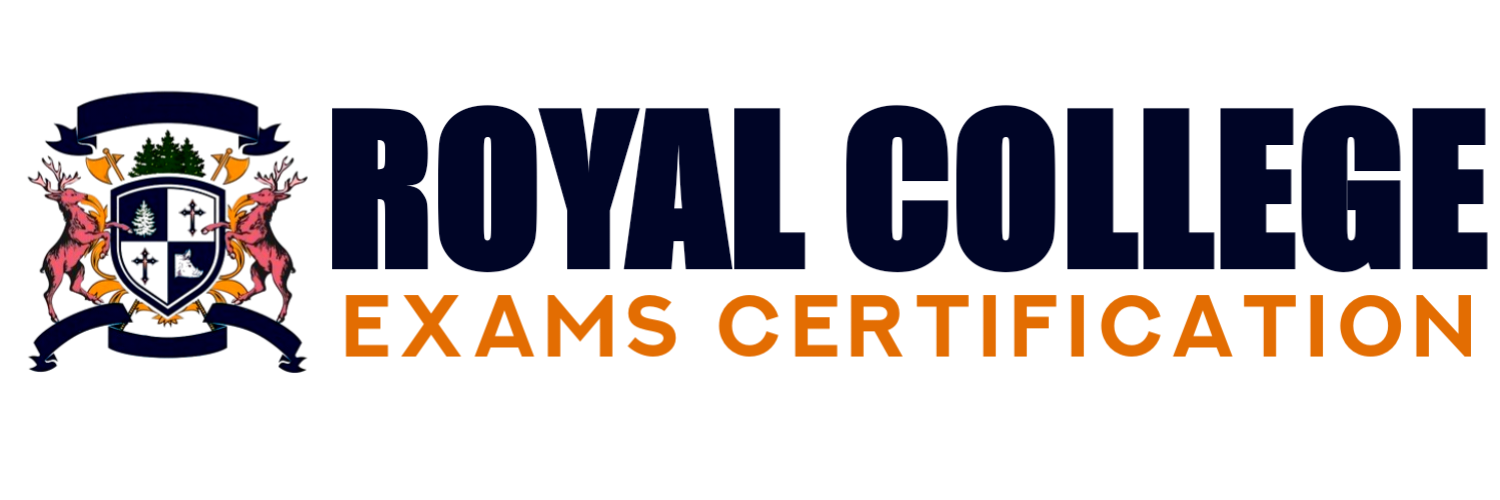

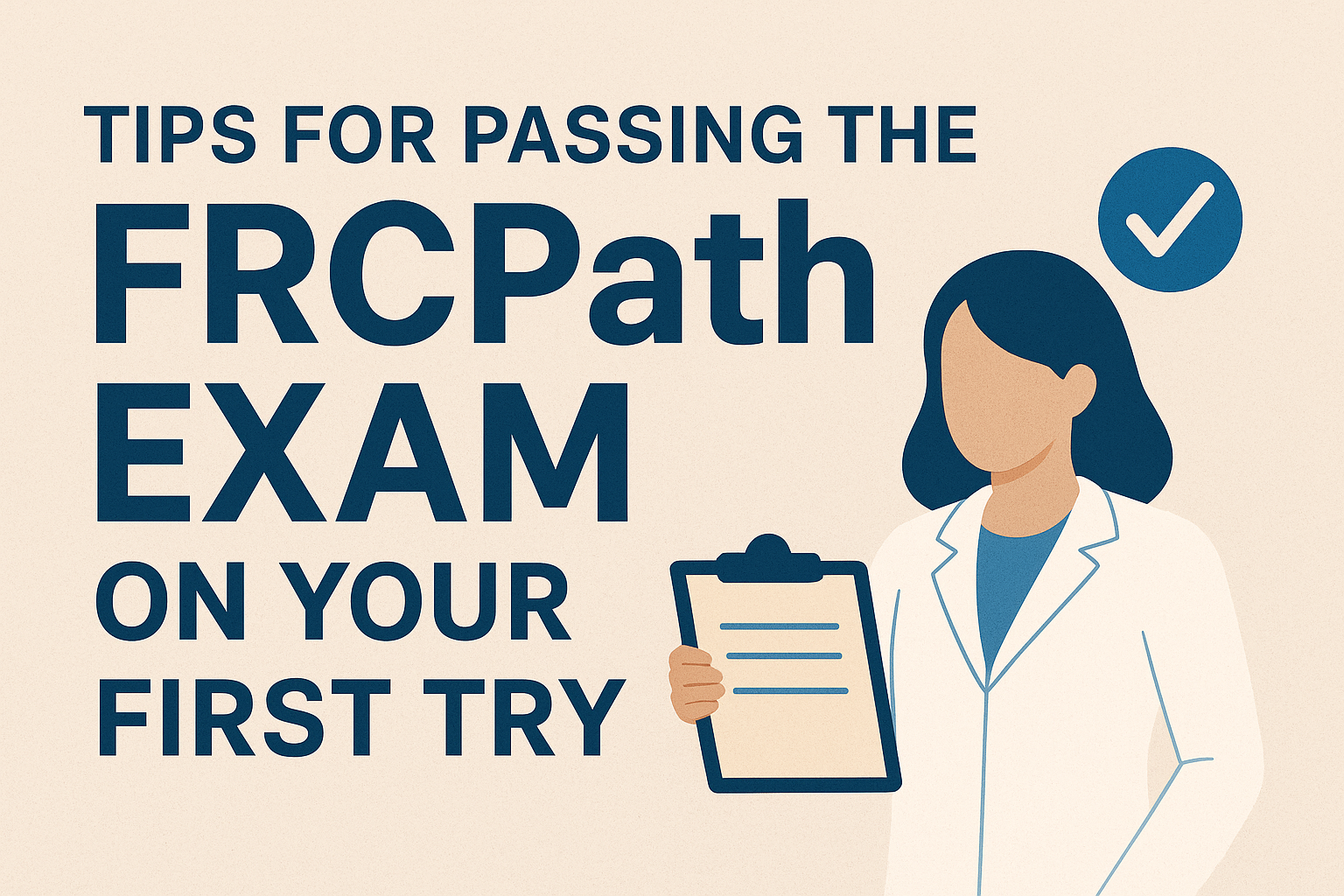
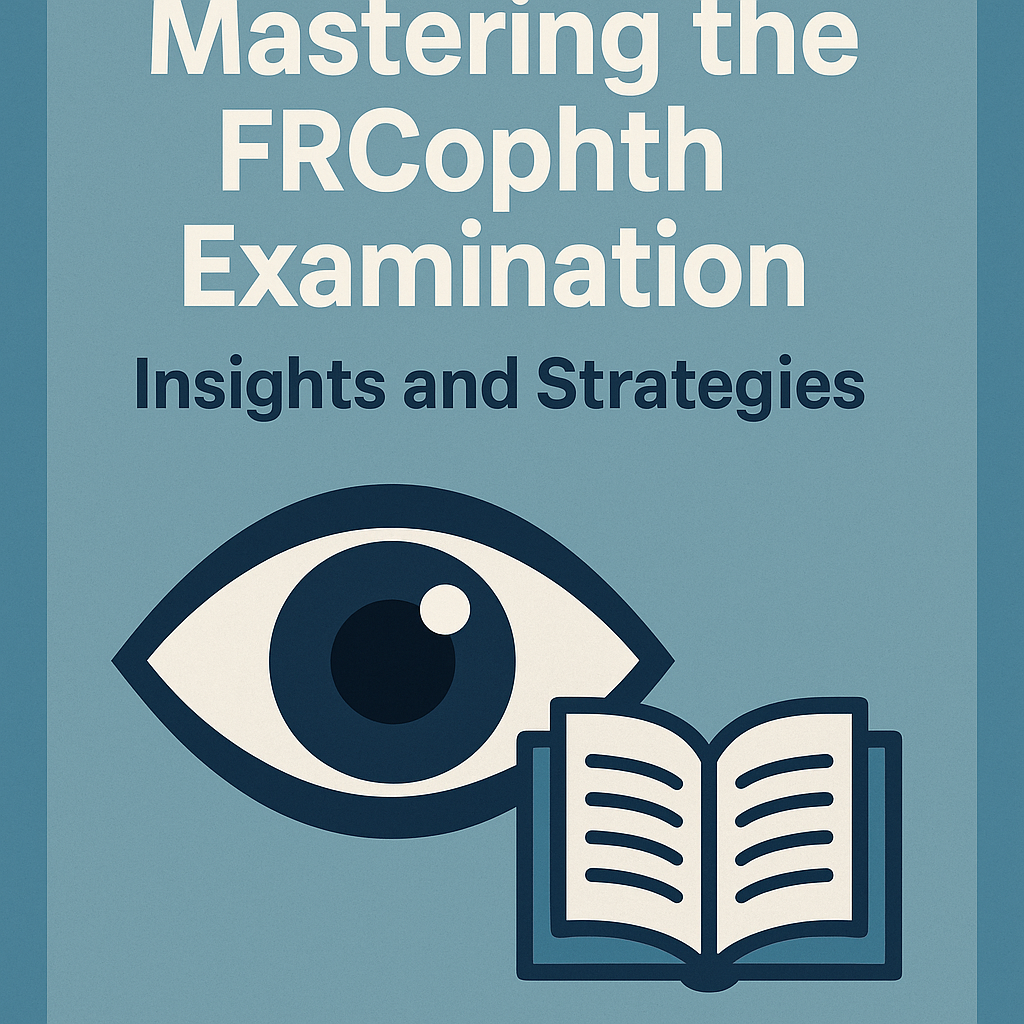
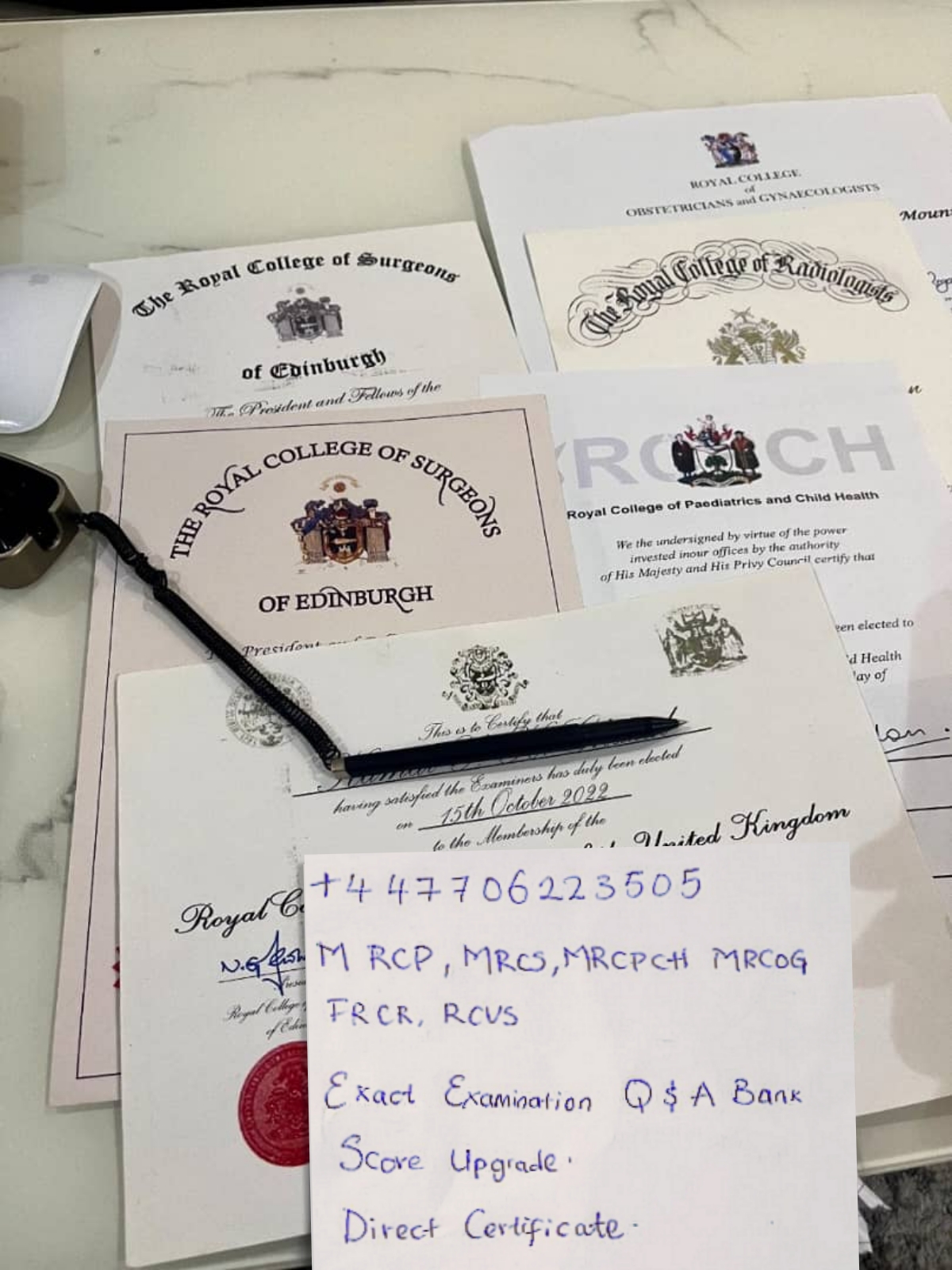
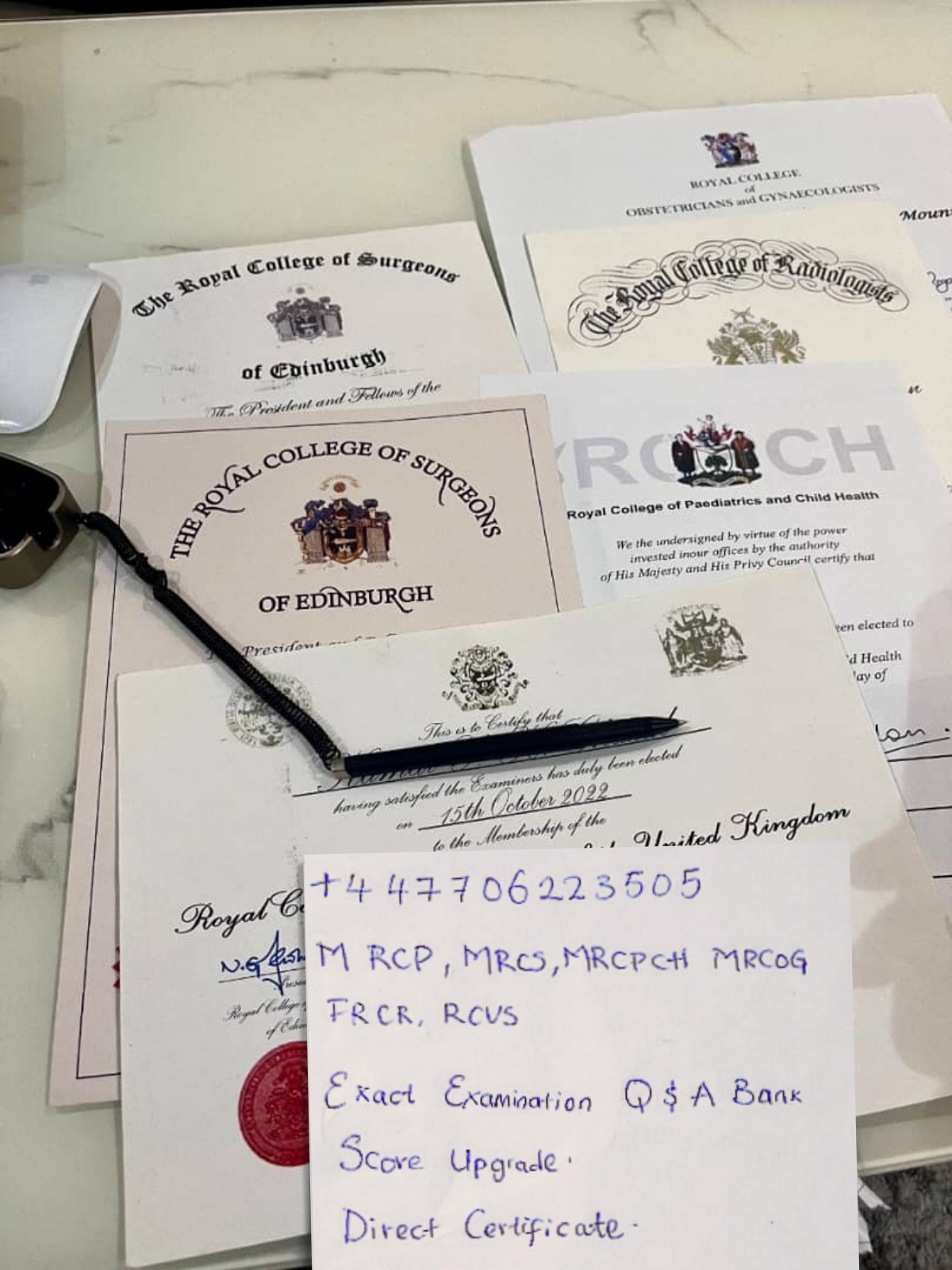



3 Responses
Great explanation of MFDS! You could also compare it briefly with ORE/LDS so overseas dentists see the difference clearly.
The benefits section is strong—adding real-life testimonials or success stories would make it even more inspiring.
You explained eligibility well. Maybe add a step-by-step application process to make it more practical.